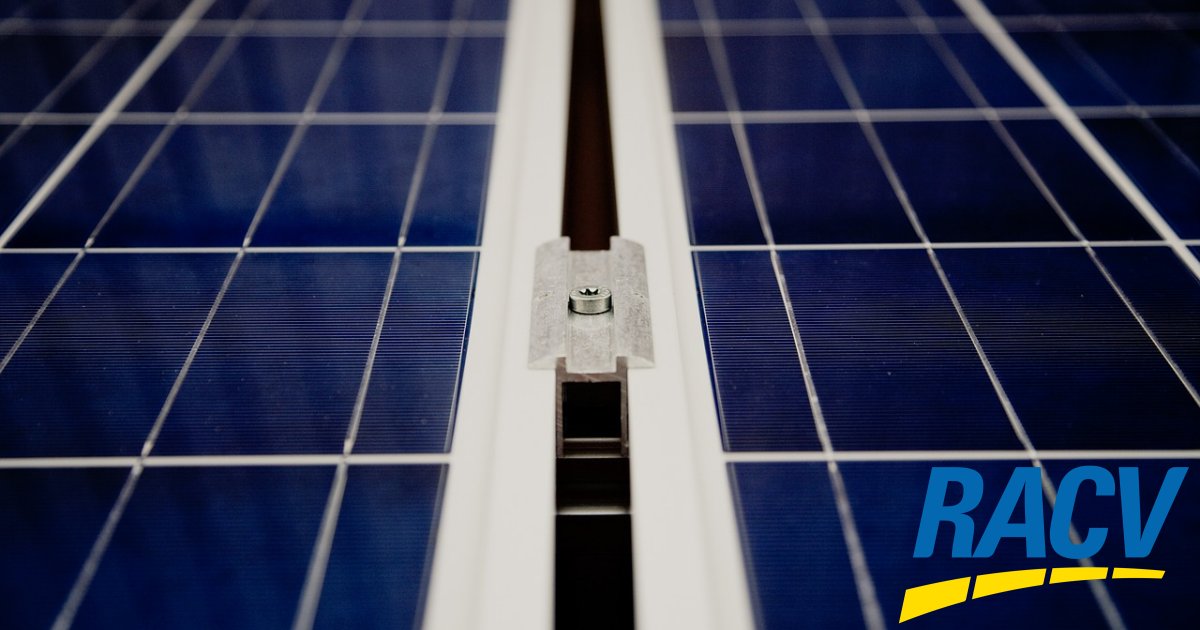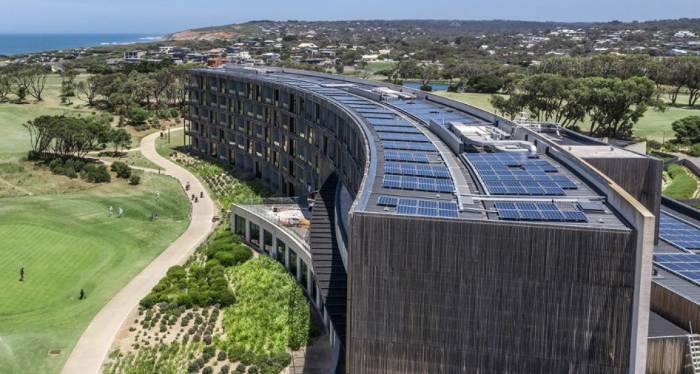
The Royal Automobile Club of Victoria has announced it will install dozens of solar power and battery storage systems at no cost in bushfire-prone communities over the next couple of years.
The initiative will see 28 systems installed by RACV Solar on regional community halls, at sporting grounds and recreation reserves designated Neighbourhood Safer Places, Bushfire Places of Last Resort and Emergency Relief Centres across Victoria.
“The catastrophic bushfires of the summer of 2019-2020 that devastated many regional towns highlighted the importance of energy resilience during a natural disaster,” states RACV.
The first two installations are taking place this month at Omeo and Tallangatta, with installations to occur next year in:
- Yea
- Biggara
- Cudgewa
- Hawksdale
- Harrietville
- Dederang
- Clifton Creek
- Heathcote
- Bendigo
- Wodonga
- Calivil Hall
- Serpentine
The systems will improve safety for these communities, some of which could otherwise be cut off from power and communications during emergencies. It’s assumed (as it wasn’t mentioned) the facilities will also benefit from significantly reduced energy costs associated with their normal operations.
“This is a great investment in the safety of our regional communities, while also providing energy resilience in areas prone to bushfires,” said RACV Chief Executive Officer Neil Taylor.
RACV Getting Its Own Solar On
Over the past couple of years, RACV has undertaken a major energy-efficiency initiative for its own operations, installing more than 5,500 solar panels at RACV resorts, club facilities and offices. Among these installations is a 510kW system at its Torquay Resort that features 1,645 Winaico solar panels. More recently, a 250kWh battery system was added at Torquay.
At RACV’s corporate offices in Noble Park, 2,000 solar panels were installed last year.
The solar installations along with a switch to LED lighting and air-conditioning system upgrades have reduced RACV’s carbon emissions by an estimated 5,000 tonnes a year. Once the program is complete, it’s expected RACV’s annual mains-supplied electricity usage will be slashed by 8,000 megawatt-hours and carbon emissions reduced by 9,000 tonnes a year.
Through these installations and a deal struck with Red Energy last year, RACV switched to 100% renewables in January. Under the agreement with Red Energy, RACV is purchasing 21 gigawatt hours of renewable electricity per year.
Also in 2019, RACV acquired Victorian solar and battery installation firm, Gippsland Solar. The company’s residential solar business was rebranded to RACV Solar while the commercial business retains the Gippsland Solar name.
RACV And Electric Vehicles
On a related note, the organisation has made inroads into supporting electric vehicles, investing alongside other motoring clubs in 2018 in Chargefox to build Australia’s largest ultra-rapid electric vehicle charging system that is entirely powered by renewable energy.
In a more controversial move, RACV has also recently thrown its support behind an electric vehicle road usage tax in Victoria, stating it was a “win for road users” and a first step towards a fairer overall user-pays road system . RACV says it has long advocated for such as system nationally to generate funding for road projects, instead of the current mish-mash of state and federal taxes and fees.


 RSS - Posts
RSS - Posts



Speak Your Mind